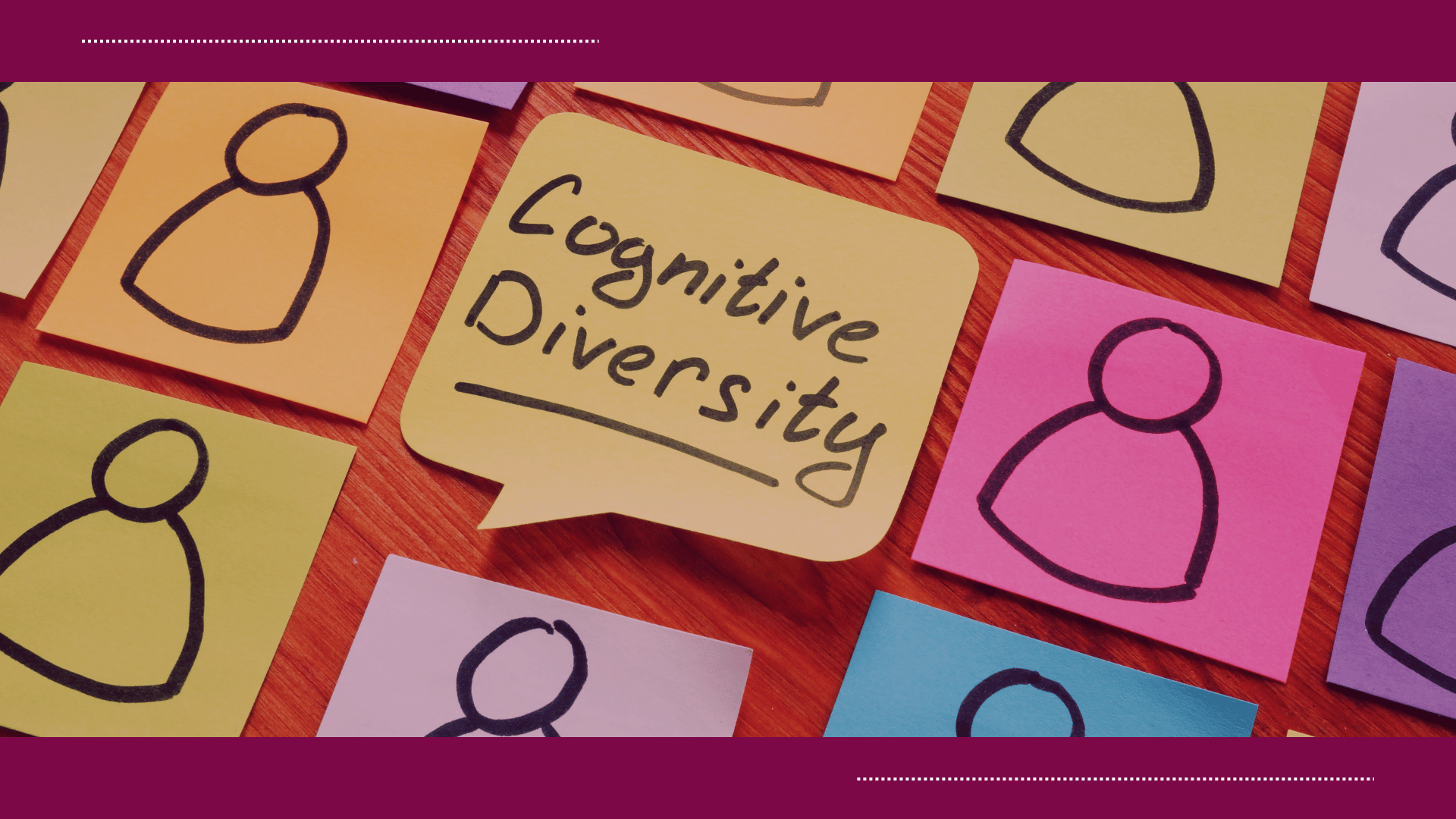The essential skills you need to be a better leader
Whether you're a seasoned executive or just starting your leadership journey, being an effective leader isn't just about giving orders and making decisions. It's about connecting with your team, inspiring them, and bringing out the best in each member. In other words, it's about mastering those often underestimated essential skills.
Here's a common scenario: You've got your team working on an important project, and everyone's highly skilled in their respective roles. The project is complex and deadlines are tight. But after some time, the team's communication is breaking down, conflicts are simmering and motivation is waning. Here, qualifications and hard skills won't diffuse the situation; this is where essential skills will need to come in.
What Are Essential Skills?
Essential skills, often called "people skills" or "interpersonal skills," are the intangible qualities that allow individuals to navigate professional interactions successfully. While hard skills can be measured and quantified, essential skills are difficult to gauge but are hugely significant in today's work environment. These skills include effective communication, time management, empathy, adaptability, problem-solving, and more. In essence, they're the cornerstone of
effective teamwork. But how are they essential for leaders?
1. Communication:
Leaders, your job involves constant communication. You have to convey your vision, provide feedback and ensure collaboration.
Effective communication skills help you get your ideas across clearly and allow you to listen actively to your team members. A leader who can listen and articulate their thoughts effectively is a leader who can inspire and guide their team to success.
2. Empathy:
You build trust and loyalty when you can put yourself in your team's shoes, understand their perspectives, and demonstrate genuine care for their well-being. Your team will work harder and be more dedicated because they know you genuinely care about their success.
3. Adaptability:
In today's fast-paced, ever-changing work environment, as a leader, you need to be open to change, willing to pivot your strategies and embrace new ideas. Leaders who can adapt to shifting circumstances are the ones who lead their teams to success, no matter what challenges arise.
4. Conflict Resolution:
Conflict is an inevitable part of any workplace. Leaders who handle conflicts properly can turn them into opportunities for growth and positive change. When you resolve conflicts effectively, you strengthen the bonds within your team and create a more productive working environment.
5. Self-awareness:
Understanding your strengths and weaknesses is an integral part of leadership. Self-aware leaders know where they excel and where they need improvement. This self-knowledge empowers you to build a team that complements your skills, delegate efficiently and continuously work on personal development.
7. Time Management:
Time is often your most precious resource as a leader. Effective time management helps you balance your own tasks, address your team's needs and engage in strategic thinking. You'll achieve more with less stress when you can prioritise and delegate.
Leaders, essential skills are not just nice-to-haves; they're must-haves. They're the traits that make your leadership impactful and create a motivated and cohesive team. Embrace these skills, and you'll not only be a better leader, but you'll also create a work environment where everyone thrives. Your team will thank you for it.
Whether you are a larger organisation or a small business with a growing team,
Zen PeopleInsights can help you in the areas of leadership development assessments and coaching.
Contact Zen PeopleInsights for signature programmes and workshops today!










